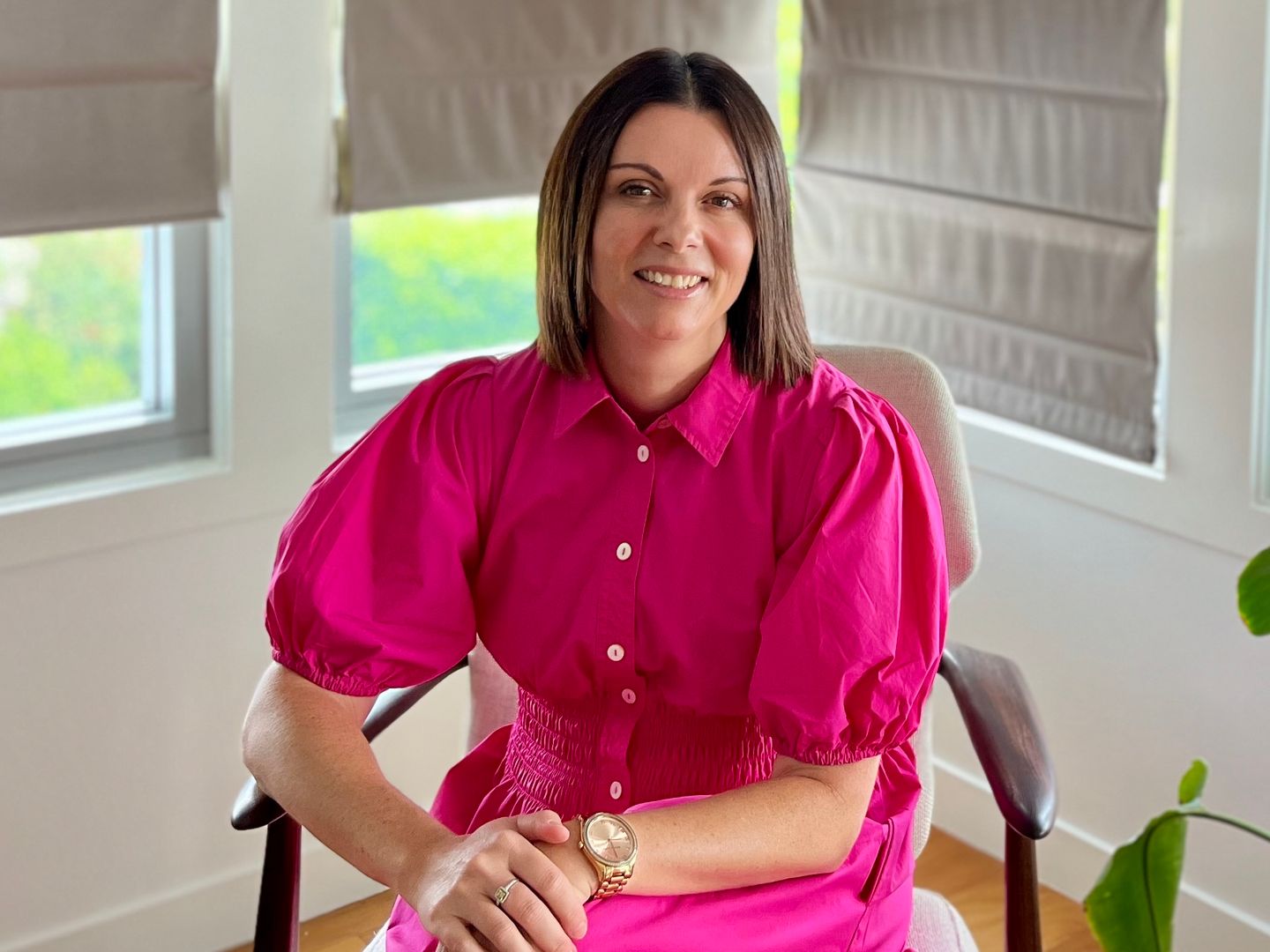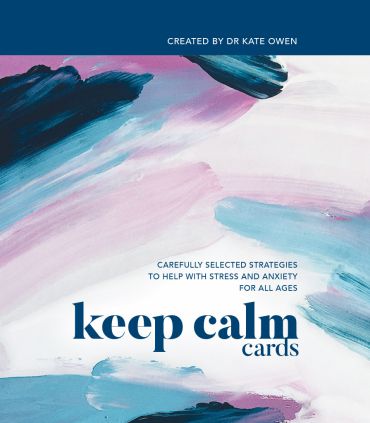
Dr Kate Owen
Gold Coast, AUSTRALIA
Family Therapy | Systemic Practice | Supervision | Teenagers
Knowledgeable and Passionate
Dr. Kate Owen is a Clinical Psychologist and Clinical Family Therapist with over 25 years of experience in mental health. She co-founded the Queensland Institute of Family Therapy (QIFT) and has operated a successful private practice since 2010, providing support to adolescents, adults, couples, and families. Kate has a special interest in integrative systemic psychotherapy, blending cutting-edge neuroscience and fourth-wave therapeutic modalities.
Kate's career began in Child and Youth Mental Health on the Gold Coast, sparking her passion for working with families and relationships. Her therapeutic approach focuses on addressing stressors and strengths within relationships, helping clients resolve past issues impacting their present lives and assisting people to become the best versions of themselves.
Beyond her clinical work, Kate mentors and supervises professionals in both government and non-government organizations, and she is recognized as a clinical supervisor by the Psychology Board of Australia and the Australian Association of Family Therapy. She conducts workshops nationwide, advancing mental health and professional growth. As a dedicated educator, Kate has taught at Griffith University, Bond University, and the University of Queensland's Masters of Mental Health (Family Therapy) program. She has presented at national conferences and published articles in reputable journals.
Kate also actively contributes to community well-being through training events and sharing resources on her private practice website and YouTube channel. In 2020, she authored "Keep Calm cards," a collection of 37 strategies for managing stress and anxiety.
Book Kate for your mental health training

Keep Calm Cards
Carefully Selected Strategies to Help with Stress and Anxiety for All Ages.
Do you work with people who expericence anxiety, worry or stress?
Are you looking for easily accessible strategies that you can teach in session, and clients can use in their everyday life?
Designed for ease of use, the cards are colour coded for a quick reference for choosing strategies that soothe the body, and strategies that ease the mind.
For those outside of the counselling field, these cards help you take control of anxiety and stress by guiding you through easy step-by-step instructions.








